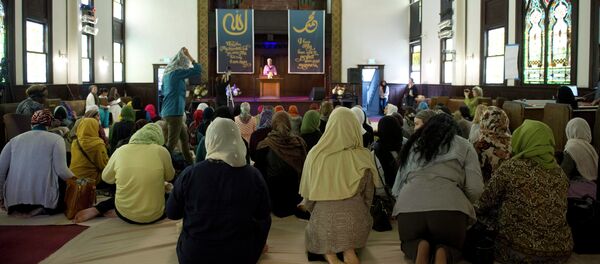The report is broken down by category, and features a series of discriminatory laws of varying severity, including family codes codifying child marriage and condoning marital rape, as well as wife obedience laws and discriminatory, male-based status laws. It also includes excerpts from legal codes featuring discriminatory laws on everything from rape and domestic violence to honor killings and court testimony.
The report reminds readers of the most discriminatory laws, ranging from Saudi Arabia's prohibition on women driving automobiles to Kenya's laws allowing polygamy to Yemen's laws which effectively negate the concept of rape within a marriage. It also features lapses in the laws of some developed countries, including the US (related to the granting of citizenship) and Britain (related to women in the army).
The report also highlights the existence of discriminatory labor laws in Russia, explaining that women are prohibited from working in a number of jobs which are considered too strenuous, harmful and dangerous, while pointing out that this constitutes a discrepancy between the labor code and the Russian Constitution, which guarantees equal rights for men and women. Some news resources commenting on the report, including Reuters, were quick to lump Russia in alongside other, arguably far more serious offenders.
The Equality Now Words and Deeds report, complete with the objectionable legal codes and the contact details for the relevant national authorities, can be found here.





